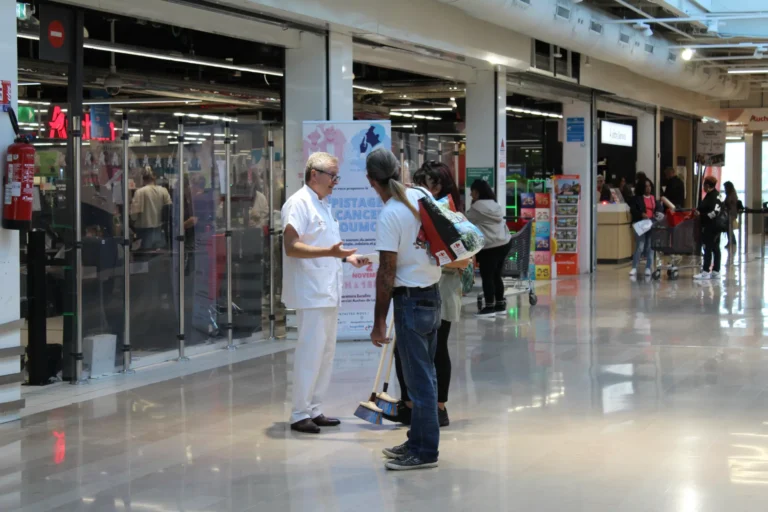Earlier, more accurate, and more accessible screening, that is the ambition of Professor Charles-Hugo Marquette and Dr. Hervé Delingette.
Lung cancer remains one of the deadliest cancers in France, largely because it is often diagnosed too late. Yet, solutions do exist. Professor Charles-Hugo Marquette, pulmonologist and Director of Medical Research at IHU RespirERA, and Dr. Hervé Delingette, expert in artificial intelligence applied to healthcare and head of a working group within IHU RespirERA, present in a short educational video the innovative screening program led by the institute in Nice.
Why screen earlier?
Today, over 80% of lung cancers are linked to smoking. Without screening, 75% of cases are discovered at an advanced stage, significantly reducing survival chances. With this early detection protocol, these figures could be reversed: identifying the disease at an initial stage, when the tumor is still the size of a small olive, could reduce mortality by at least 20%.
A simple and accessible protocol
The screening targets smokers or former smokers aged over 50 and involves three non-invasive exams, carried out every two years:
- A low-dose chest CT scan
- A lung function (breathing) test
- A blood sample (also known as a liquid biopsy)
Unlike a standard chest X-ray, the CT scan can detect very small nodules, early indicators of cancer. The radiation dose remains moderate, equivalent to just a few standard X-rays.
Reaching all populations, even those furthest from care
To reach the most at-risk groups, including those who are often disconnected from the healthcare system, the IHU RespirERA teams are also innovating in the field: mobile screening operations, free transportation to the CT scan unit at Nice’s Pasteur Hospital... The goal is to screen 2,000 people within one year, with a strong focus on raising awareness.
Artificial intelligence: a powerful ally for the future
Dr. Hervé Delingette explains how AI is already capable of detecting abnormalities invisible to the human eye and of assessing cancer risk years in advance. By analyzing thousands of data points, these tools will enable even earlier and more personalized diagnoses, in support of healthcare professionals.
Towards national implementation
This initiative, launched in Nice and led by IHU RespirERA, is designed to serve as a model across the country. Just like breast cancer screening, this protocol could become a major tool in the prevention of respiratory cancers and a powerful incentive to quit smoking.
👉 See the full report (France TV): Lung cancer: earlier, wider and more accurate screening


